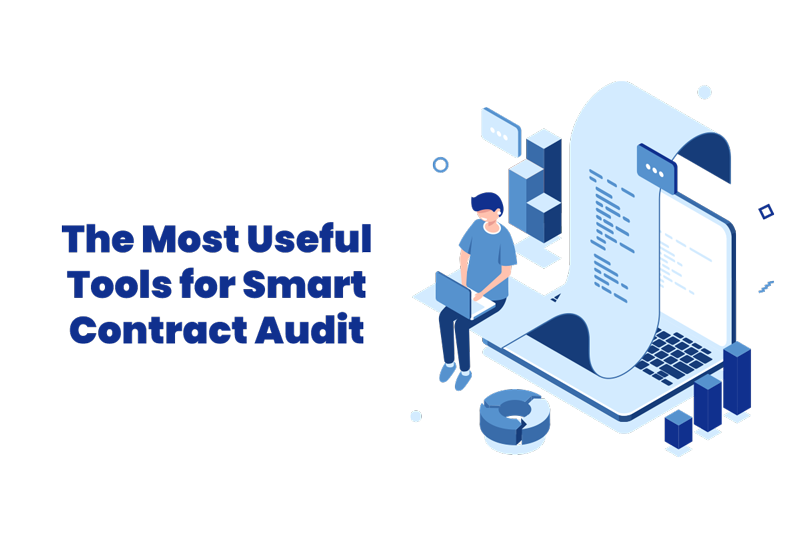In the rapidly evolving landscape of blockchain technology, the importance of smart contract audits cannot be overstated. Smart contracts, powered by languages like Solidity, execute automated transactions on decentralized platforms. To ensure the security and reliability of these contracts, businesses and developers must adhere to best practices in auditing.
Best Practices:
- Code Review:
- Conduct a thorough code review to identify vulnerabilities, bugs, and potential issues in the smart contract. This manual inspection is a crucial step in the auditing process.
Automated Analysis:
- Utilize automated analysis tools designed for Solidity, such as MythX and Security, to perform static and dynamic analysis. These tools can help identify common vulnerabilities and enhance the efficiency of the auditing process.
Security Standards Compliance:
- Ensure that smart contracts comply with recognized security standards like the Ethereum Smart Contract Best Practices (ESCBP) and other industry-specific guidelines. Adhering to these standards reduces the risk of common vulnerabilities.
External Auditors:
- Engage external auditing firms that specialize in smart contract security. Independent auditors bring an unbiased perspective and often have a wealth of experience in identifying and addressing potential security risks.
Testnet Deployment:
- Before deploying smart contracts on the mainnet, use testnets to simulate real-world conditions. This practice allows for the identification and resolution of issues in a controlled environment.
Solidity Audit Tool: The use of Solidity audit tools significantly streamlines the auditing process. These tools are specifically designed to analyze Solidity code and provide insights into potential vulnerabilities. MythX, for example, is a widely-used tool that offers a cloud-based platform for both static and dynamic analysis. It integrates seamlessly with popular development environments, providing developers with real-time feedback and actionable insights.
AuditBase:
In the realm of smart contract audit, AuditBase stands out as a comprehensive solution that encompasses both automated and manual auditing processes. Based in the United States, AuditBase offers a team of experienced auditors, a user-friendly platform, and a commitment to the highest standards of security.
Key Features of AuditBase:
Expert Auditors:
- AuditBase employs a team of skilled auditors with expertise in Solidity and blockchain technology. Their experience ensures a thorough examination of smart contracts, identifying vulnerabilities and suggesting improvements.
Integrated Tools:
- AuditBase integrates advanced Solidity audit tools into its platform, combining automated analysis with manual review to provide a holistic assessment of smart contracts.
Transparent Reports:
- The platform generates clear and transparent audit reports, detailing identified issues and providing actionable recommendations. This transparency fosters trust between developers and the auditing process.
Continuous Support:
- AuditBase offers ongoing support, ensuring that developers have access to assistance and guidance even after the initial audit. This commitment to support contributes to the long-term security of smart contracts.
Conclusion:
In conclusion, ensuring the security of smart contracts is paramount in the blockchain space, especially within the United States. Adhering to best practices, leveraging Solidity audit tool, and partnering with reputable auditing services like AuditBase are crucial steps in safeguarding transactions and fostering trust in decentralized systems. By following these practices, developers and businesses can navigate the dynamic landscape of blockchain technology with confidence and resilience against potential security threats.
Read More – Opening the Potential- A Guide to Pinterest Unblocked Strategies

